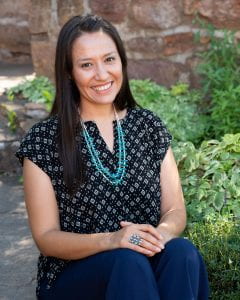Melanie K. Yazzie (Bilagáana/Diné) holds a Ph.D. in American Studies from the University of New Mexico, and is is Assistant Professor in the Department of Native American Studies and the Department of American Studies, University of New Mexico. She specializes in violence, biopolitics, water, Navajo/American Indian history; (neo)liberalism; settler colonialism; Indigenous feminisms; Native American studies; social movements; urban Native experience; political ecology; queer Indigenous studies; Marxist theories of history, knowledge, and power; and theories of policing and the state. Her first book, Life in The Age of Extraction: Diné History in A Biopolitical Register, shows how biopolitical calculations of Navajo life that accompanied the introduction of extractive economies in the 1930s have become a full-scale biopolitical epoch defined by violent relations of extraction. However, this biopolitical order has not gone without challenge. Life in The Age of Extraction also shows how Navajo social movements have made history and generated different political and ontological possibilities of life through contesting extractive biopolitics.
Dr. Yazzie has held a University of California President’s Postdoctoral Fellowship, an Andrew W. Mellon Dissertation Fellowship, and a Ford Foundation Diversity Predoctoral Fellowship. She has published articles and book reviews in Wicazo Sa Review, Studies in American Indian Literature, American Indian Quarterly, Social Text, and American Quarterly. With Nick Estes, she guest-edited a special issue of Wicazo Sa Review (June 2016) on the legacy of Dakota scholar Elizabeth Cook-Lynn, one of the founders of Native American studies. She also co-edited a special issue of Decolonization: Indigeneity, Education and Society with Cutcha Risling-Baldy on Indigenous water politics (2018), and is co-authoring a forthcoming book from PM Press on bordertown violence with Nick Estes, David Correia, and Jennifer Nez Denetdale.
Nick Estes and Melanie K. Yazzie
TBA
UC Santa Cruz

